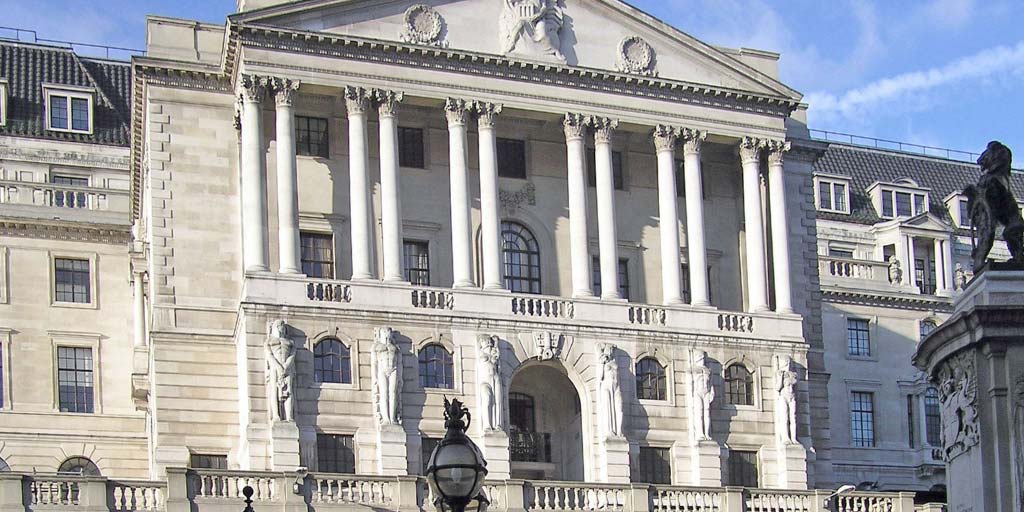
Category: base rate base rate
base rateThe Monetary Policy Committee (MPC) has concluded their regularly scheduled meeting. They have agreed to hold the Bank of England (BoE) Base Rate at 4%.
This decision meets economists’ expectations. While London Stock Exchange Group data gathered by Reuters indicated that the majority of traders were 97% sure that a hold vote would happen, the MPC have been increasingly divided on Base Rate policy votes for the past few meetings. As such, there was slightly less certainty about the result than usual.
We analyse what this result means for mortgage rates and the private rental sector (PRS).
How experts’ forecasts have changed
Economists’ predictions are never set in stone, and geopolitical shocks throughout 2025 have brought much volatility to global markets.
After the vote to cut the Base Rate back in February, experts were reasonably certain that the MPC would vote to cut the Base Rate three or four more times this year – roughly one cut per quarter, and a reduction of 25 basis points each time. Data analysts at Fitch Solutions forecasted a reduction of 100 total basis points by the end of 2025.
So far, there have been two Base Rate cuts in 2025. As such, experts have had to scale back their forecasts. Another cut to 3.75% may still happen in November, but there is a possibility that there will be no further cuts this year.
BoE Governor and MPC Chairman Andrew Bailey has frequently spoken about the need to combat inflation. Despite the MPC’s efforts, unpredictable spikes in inflation on food, wages and services have reduced confidence in large or frequent cuts.
With inflation expected to peak at 4% in September, the MPC seem justified in keeping the Base Rate stable in order to get the 2% inflation target back in their sights by 2027.
The MPC will also have to keep major economic shake-ups, such as Rachel Reeves’ upcoming Autumn Budget, in mind for their future meetings. Tax hikes are widely expected to come from this, which could theoretically cool inflation and create more room for Base Rate cuts. However, Labour’s agenda of increased spending last year counteracted this.
MPC voting process explained
The MPC has nine members, including the Governor, three Deputy Governors, the Chief Economist, and four external members appointed by the Chancellor of the Exchequer.
They all have options to cut, hold or raise the Base Rate. Decisions are based on a simple majority, meaning that the option with the most votes is always the decider.
This includes scenarios where more members technically vote against the winning option. In a scenario where 4 vote to cut, 3 vote to hold, and 2 vote to raise, the vote to cut would still win. The members would then fairly determine how many basis points the Base Rate would be cut by.
In the vast majority of meetings, there is a general consensus dividing between two of the three options, meaning that the ninth voter would be able to act as a tie-breaker when the votes are evenly divided.
In August, it all came down to a very slim 5-4 majority of members in favour of cutting the Base Rate down to 4%.
This month, it’s a similar story with 2 wanting to cut, and 7 voting to hold. As always, combating inflation has been at the top of the agenda, as well as many factors affecting the UK and global economies.
Impact on PRS landlords
In recent weeks, mortgage rates have remained relatively stable. In light of this announcement, it seems unlikely that the majority of lenders will withdraw their current rates or significantly change up their product ranges in the near future.
A consistently stable market is good news for private landlords, as it means that mortgage rates are less likely to suddenly increase. The process of narrowing down the most suitable products should therefore be more straightforward.
Since 2015, when the MPC started publishing the minutes of their meetings alongside their announcements, there is always an expected flurry of activity as borrowers rush to secure the best available products. Pundits call this the ‘Super Thursday’ effect.
Determining the best options can be challenging in a bustling market. Get ahead of the herd by contacting our specialist mortgage advisors today.
